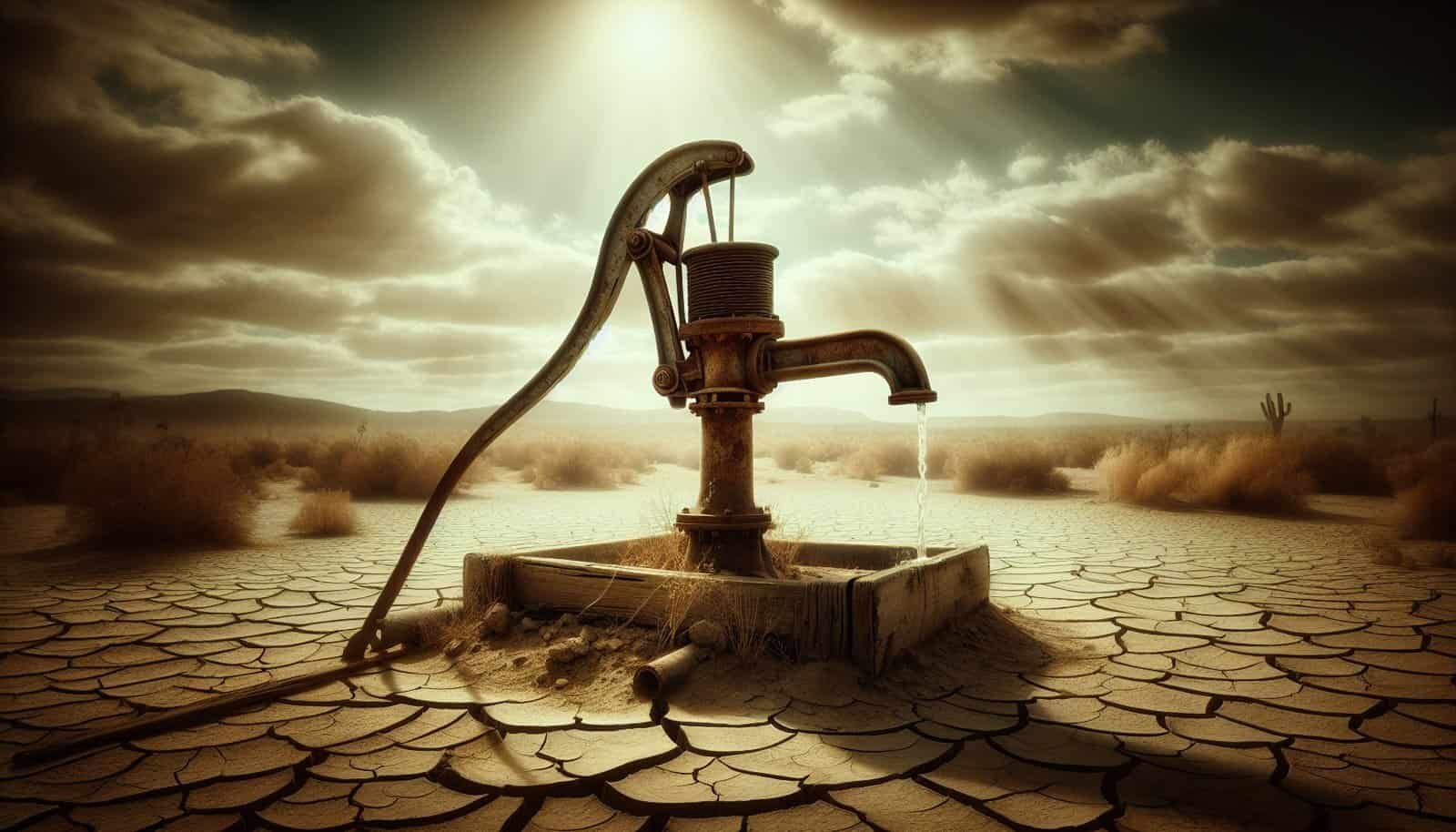Have you ever wondered what steps to take when you suddenly face a well failure? Fortunately, several organizations can assist you during such emergencies. Let’s examine these entities and how they can help restore your water supply and peace of mind. Additionally, we’ll cover where you can find templates for well-sharing agreements to prepare for future needs.
Understanding Well Failures
Before exploring organizations that offer assistance, it’s essential to understand what well failures entail. Well failures occur when water wells stop functioning properly, leading to a disruption in the water supply. This can happen for various reasons, such as mechanical breakdowns, contamination, or geological factors. Addressing well failures promptly is crucial to avoid long-term water supply issues and potential health risks.
Common Causes of Well Failures
Several factors can lead to well failures, and understanding them can help you anticipate and address issues sooner. Mechanical wear and tear, aging infrastructure, sediment accumulation, and changes in groundwater levels are common culprits. By understanding these causes, you can take precautionary measures and seek timely assistance from professionals.
Signs of Well Failure
Being aware of the signs of well failure can help you act quickly. Some common indicators include fluctuating water pressure, discolored or foul-smelling water, frequent pump cycling, and unusual noises from the well. If you notice any of these signs, it’s crucial to contact a professional as soon as possible.
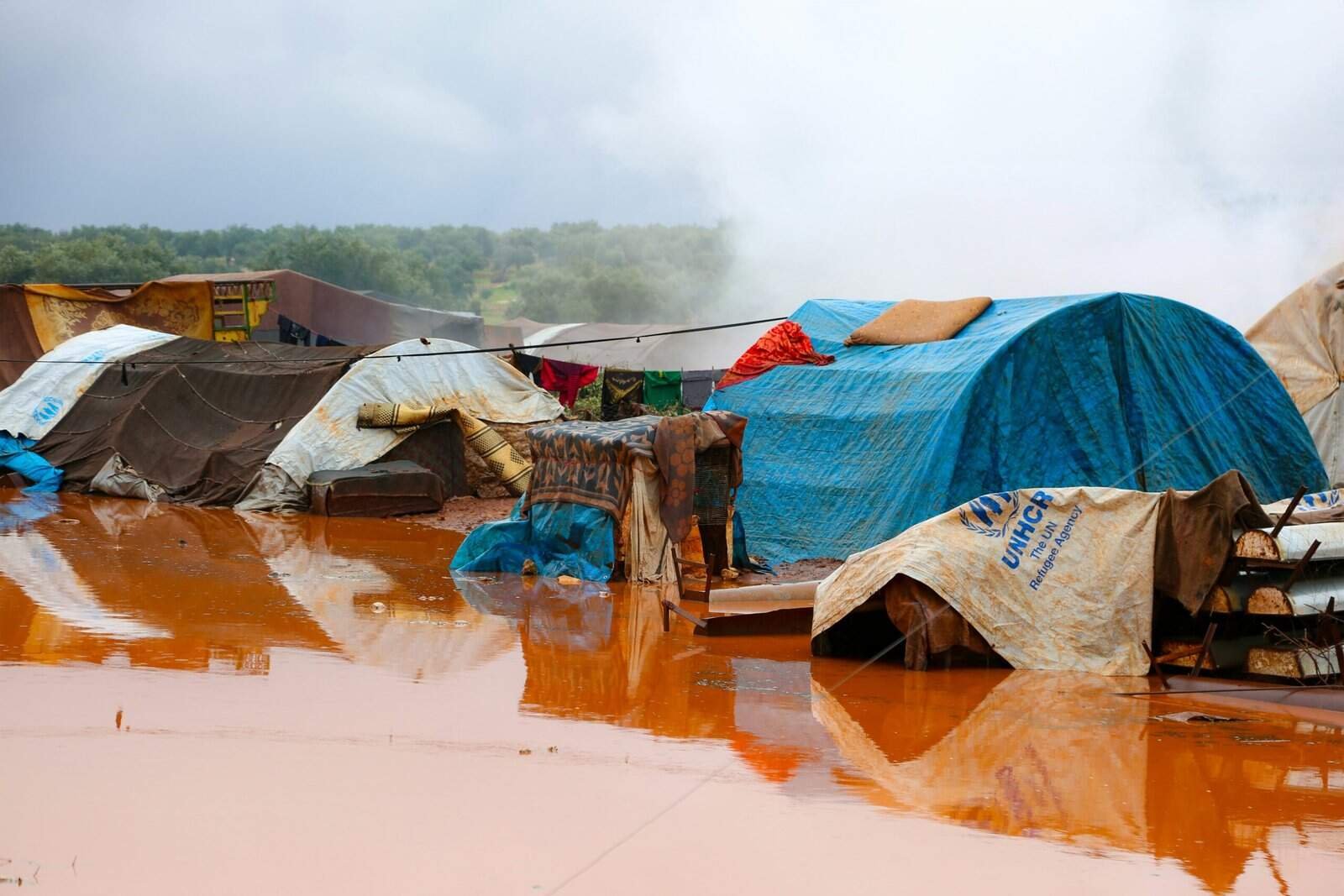
Organizations Providing Emergency Assistance
When faced with well failures, reaching out for help is often the best course of action. Numerous organizations offer emergency assistance to address well failures, ensuring you regain access to clean and reliable water. Here’s a breakdown of some of the prominent organizations you can turn to.
Local Government Agencies
Local government agencies are often the first point of contact when dealing with well failures. These agencies, like health departments and environmental services, can assess the situation and provide guidance or resources for resolving the issue. They may also offer financial assistance programs for well maintenance and repairs.
Non-Governmental Organizations (NGOs)
Several NGOs dedicate their efforts to water-related issues, including helping individuals dealing with well failures. Organizations like WaterAid and The Water Project have initiatives that provide emergency relief and advocate for sustainable water solutions. These NGOs often have networks of professionals who can assess and resolve well failures.
State and Federal Assistance Programs
Many state and federal programs are in place to assist households affected by well failures. The USDA’s Rural Development Program, for instance, offers grants and loans to rural homeowners for well repairs and replacements. Similarly, the EPA provides resources and information on maintaining private wells and addressing contamination issues.
Private Well Associations
Associations like the National Ground Water Association (NGWA) offer resources and expert guidance for well owners experiencing failures. These organizations often provide educational materials, workshops, and professional referrals to ensure proper well maintenance and repair.
Collaborations with Local Businesses
Sometimes, local plumbing and well service companies offer emergency assistance programs. These businesses may collaborate with local agencies or NGOs to provide discounted or free services for well repairs in emergencies. It’s worth checking with local service providers to see if such collaborations exist in your area.
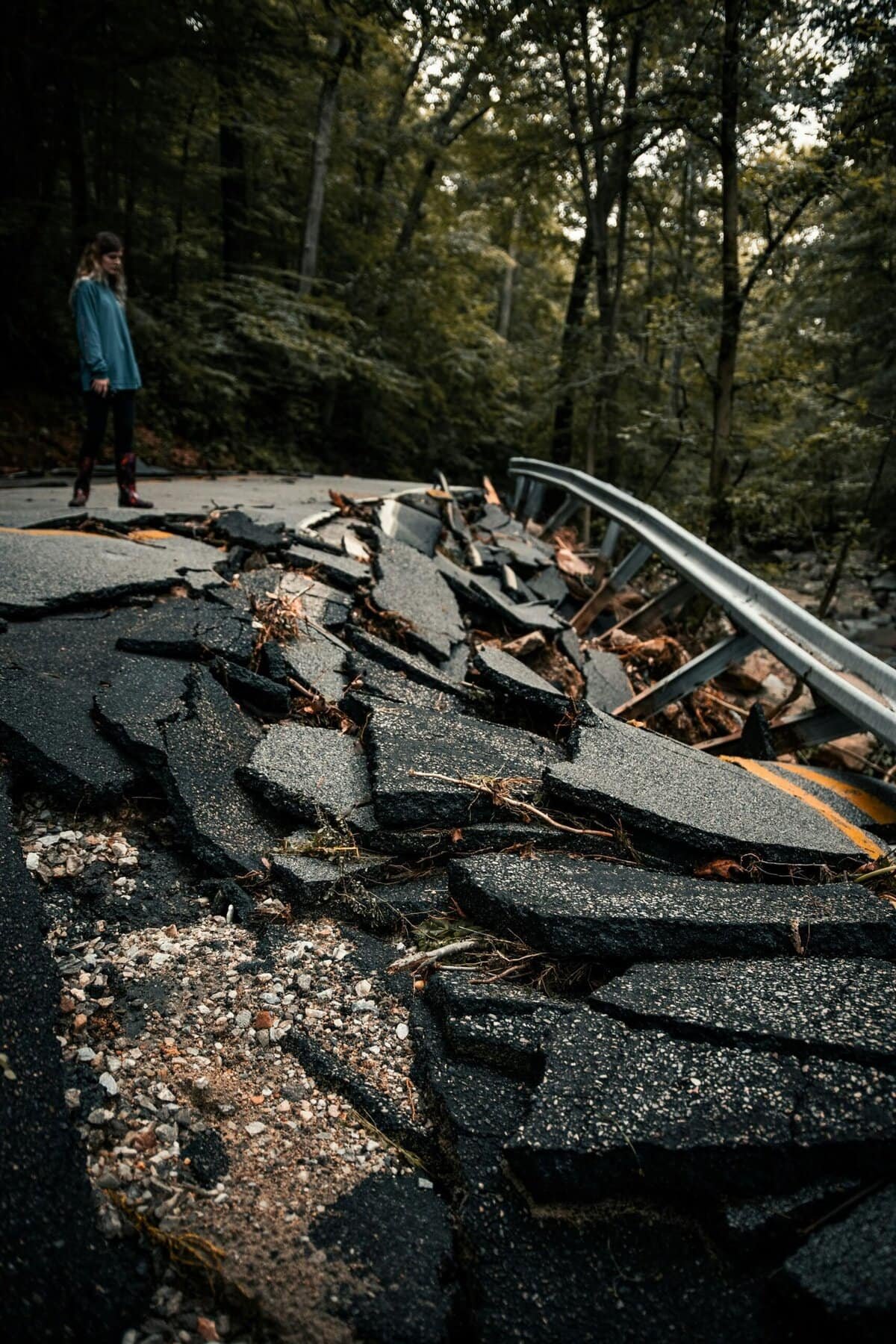
Preparing for Well Emergencies
While seeking immediate assistance is critical during a well failure, preparing for potential issues can save you time and stress in the long run. Let’s discuss some of the ways you can prepare for well emergencies and minimize their impact.
Conducting Regular Inspections
Routine inspections of your well system can help identify potential issues before they escalate into full-blown failures. Scheduling annual inspections with a certified professional is advisable to maintain your well’s integrity and functionality.
Implementing Preventative Maintenance
Preventative maintenance is key to prolonging the life of your well. Regularly checking and cleaning components like the pump, pressure tank, and filters can prevent sediment buildup and mechanical wear. This proactive approach can significantly reduce the chances of unexpected failures.
Educating Household Members
Informing everyone in your household about the basics of well operation and signs of failure can be immensely helpful. If everyone knows what to look out for, you can collectively ensure any issues are addressed promptly.
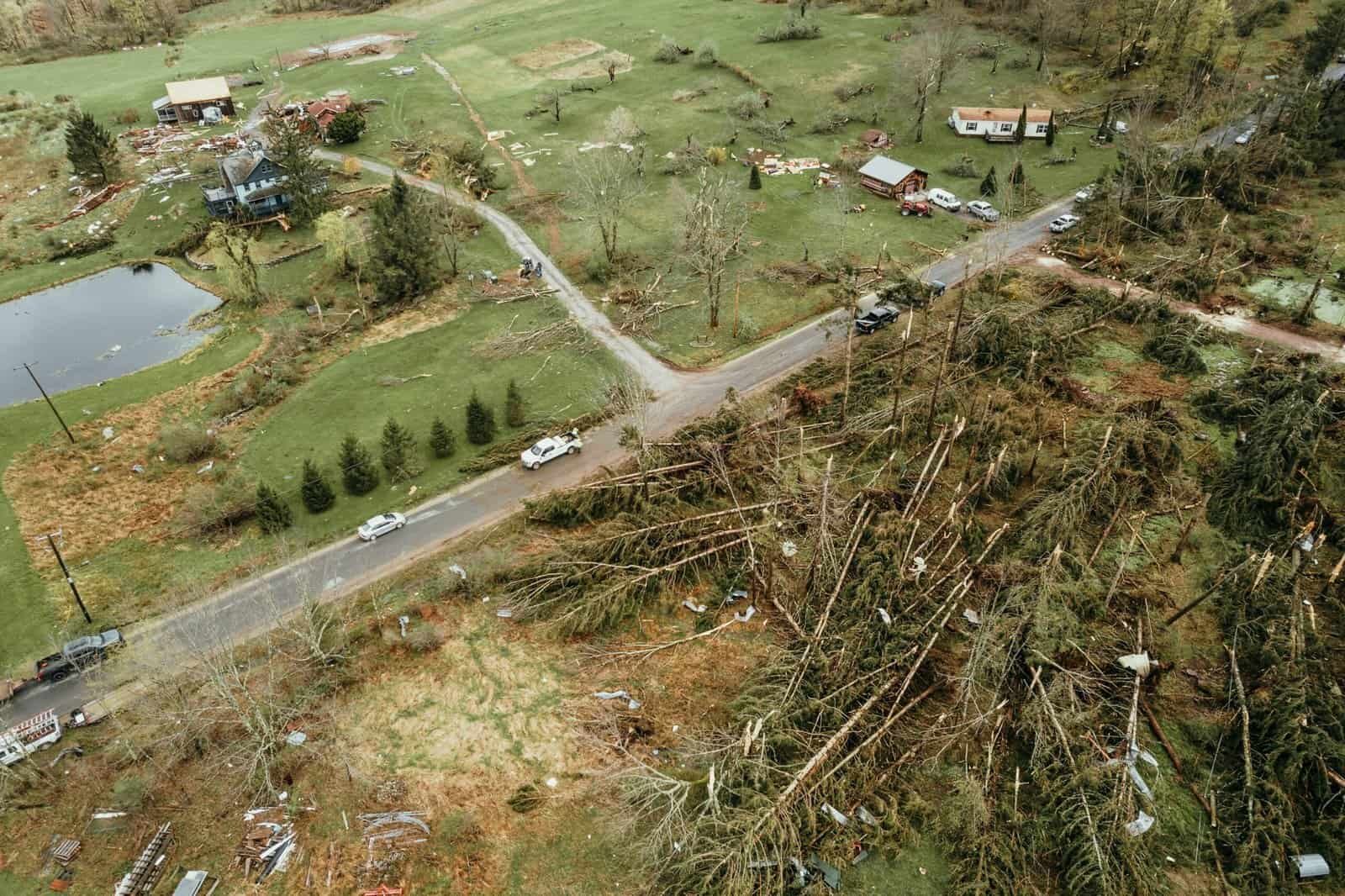
Well-Sharing Agreements
If you share a well with neighbors, a well-sharing agreement can be invaluable. These agreements outline the rights and responsibilities of each party involved in the shared well, ensuring smooth operation and quick problem resolution. Let’s explore what well-sharing agreements entail and where you can find templates.
The Importance of Well-Sharing Agreements
Well-sharing agreements are legal documents that clarify expectations and responsibilities among parties using a shared water source. They cover aspects like cost-sharing for maintenance, water usage limits, and dispute resolution procedures. Having a well-drafted agreement helps prevent misunderstandings and conflicts.
Key Components of a Well-Sharing Agreement
A comprehensive well-sharing agreement should include several key components:
- Parties Involved: Names and addresses of all individuals or entities sharing the well.
- Well Location and Description: Detailed information about the well, including its location and specifications.
- Cost-Sharing Arrangements: How expenses for maintenance, repairs, and utilities will be divided among parties.
- Access Rights and Responsibilities: Guidelines for accessing the well and responsibilities for routine maintenance.
- Dispute Resolution: Procedures for resolving disagreements, whether through mediation or legal channels.
Where to Find Well-Sharing Agreement Templates
Finding a reliable template for a well-sharing agreement can simplify the process of drafting your document. Online legal resource websites, such as LegalZoom and Rocket Lawyer, offer customizable templates that can be tailored to your specific needs. Additionally, consulting with a local attorney who specializes in property law can ensure your agreement meets legal standards.
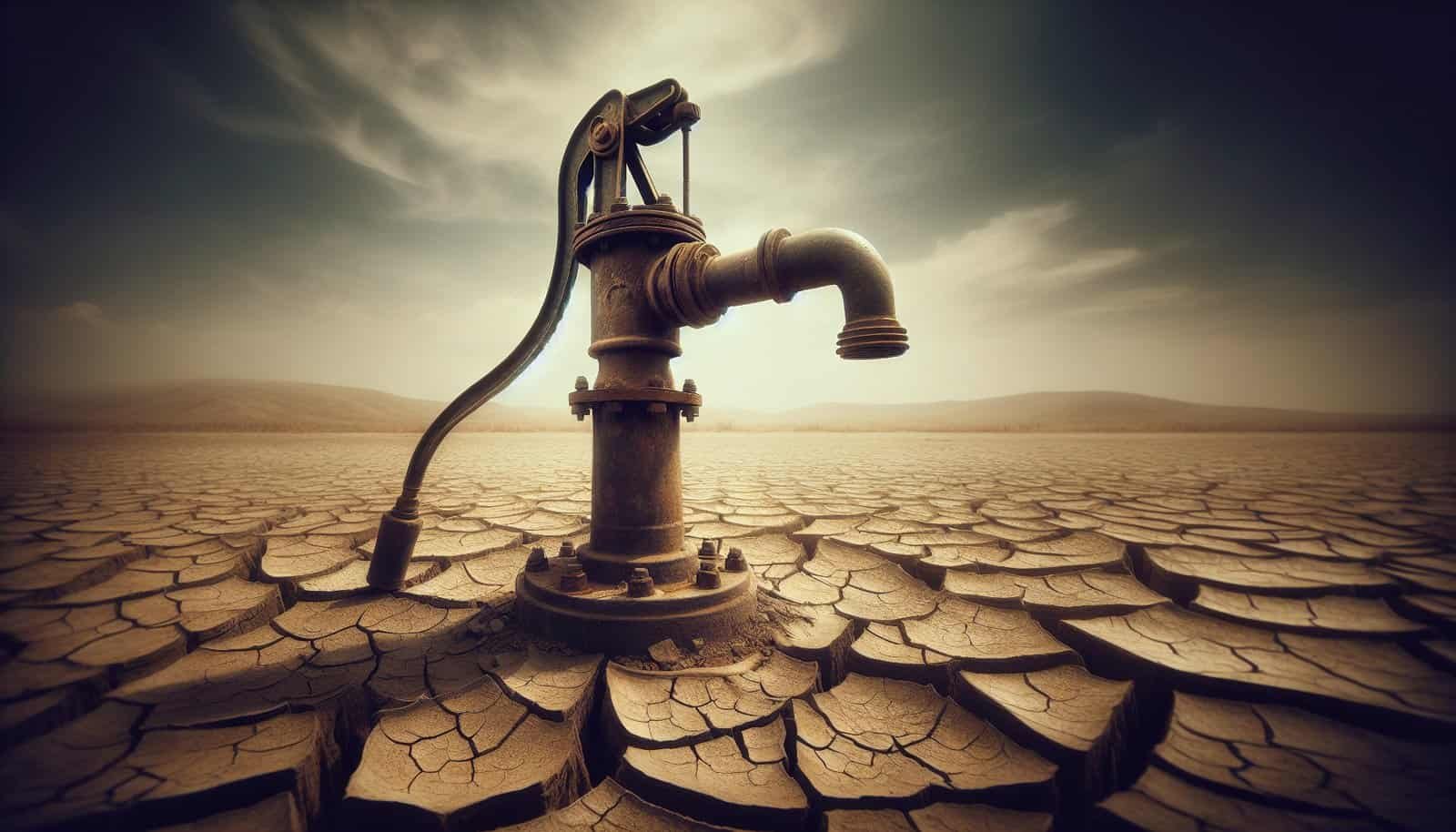
Conclusion
Facing a well failure can be daunting, but knowing where to find help and how to prepare can make a significant difference. By leveraging the resources offered by various agencies, NGOs, and private associations, you can restore your water supply swiftly and effectively. Moreover, having a well-sharing agreement in place can protect your rights and foster harmonious relationships with others who share your water source. Remember, preparedness and awareness are your best allies in managing well failures and ensuring a steady, safe water supply for you and your loved ones.
